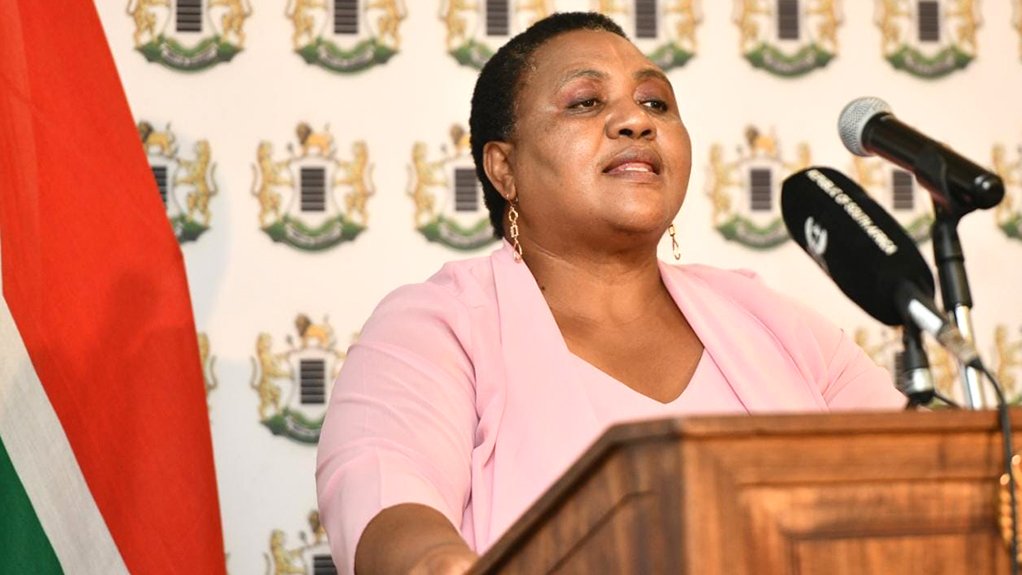South Africa’s government has contingency plans in place to safeguard key food-production facilities against an escalation in power cuts that are already at record levels, the nation’s agriculture minister said.
Africa’s most industrialized economy has been subjected to rolling blackouts, known locally as loadshedding, since 2008 because state power utility Eskom Holdings has been unable to meet demand from its old and poorly maintained plants. The problem has escalated since last year, raising concerns that food security is at risk.
While a total collapse of the national grid is highly unlikely, measures have been taken to ensure abattoirs can continue operating and animal vaccines are protected, Agriculture, Land Reform and Rural Development Minister Thoko Didiza said in an interview at Bloomberg’s Johannesburg offices on Monday.
“There is a plan in place already,” to deal with a situation whereby outages are increased and 8 000 MW of generation capacity or more is cut from the grid, she said.
Longer-term, the government is looking at how best to further assist farmers who want to install solar panels and batteries to reduce their reliance on the grid, according to the minister. Financing could be made available from existing institutions such as the state-owned Land and Agricultural Development Bank of South Africa and the Industrial Development Corporation, she said.
Farmers have traditionally relied on generators to supplement power supplied by Eskom. The increased severity of blackouts has increased their running costs, with a knock-on effect on food inflation — which accelerated at the fastest pace in 14 years in January.
On average, small-scale farmers are currently spending an additional R10 000 a month on diesel, while the bill for commercial food producers is about ten times that figure, agriculture department data show.
A range of other options are being considered to mitigate the effect of loadshedding on farmers, including the feasibility of exempting them from outages, scheduling blackouts outside of their operating hours or connecting farms to mini grids, Didiza said.
President Cyril Ramaphosa has declared a national state of disaster over the blackouts and last week appointed Kgosientsho Ramokgopa to the newly created position of minister of electricity, a post in the presidency, to oversee the government’s response. Didiza said she and agriculture industry representatives will meet Ramokgopa next week to discuss the crisis.
Bloomberg

